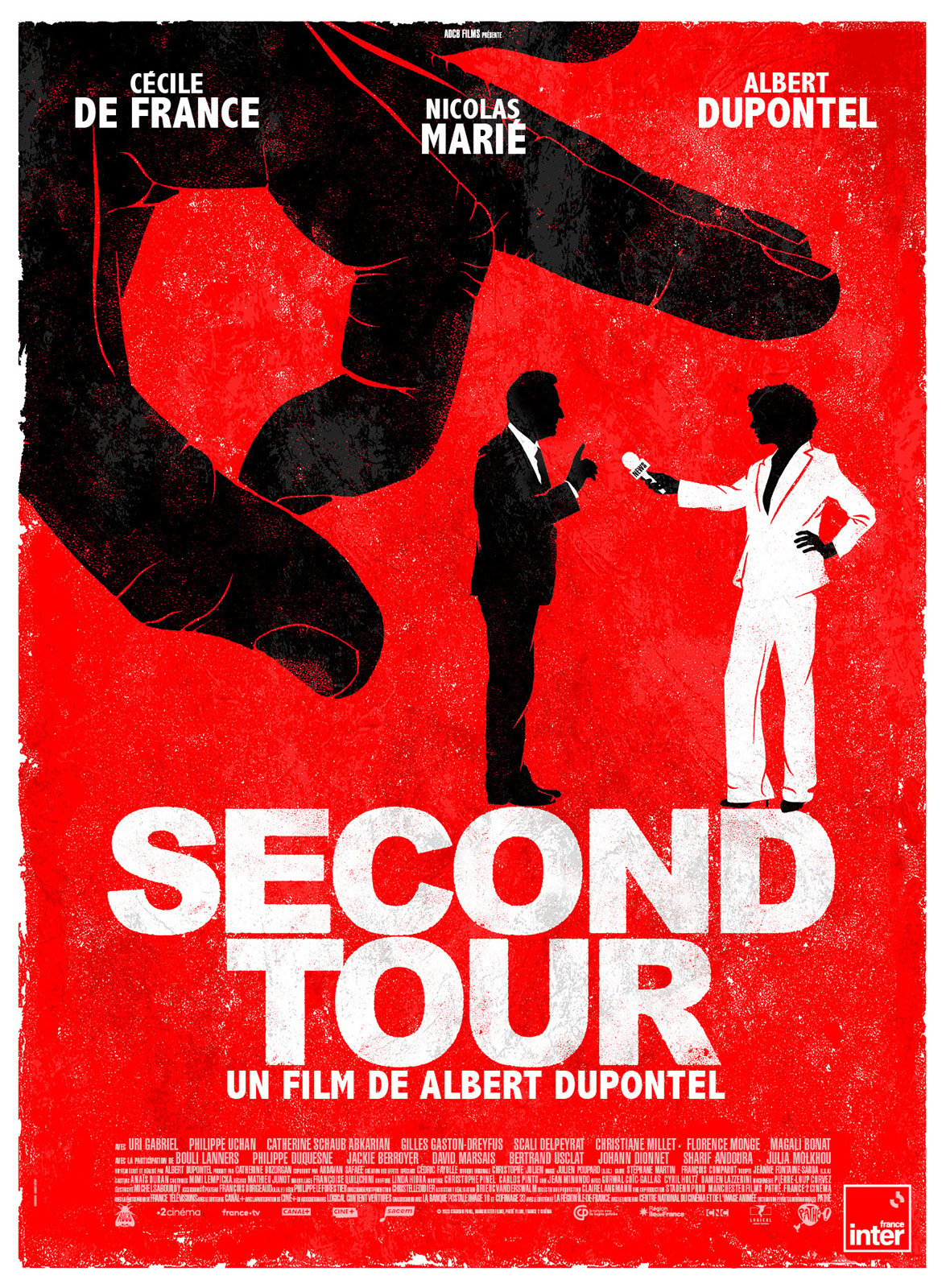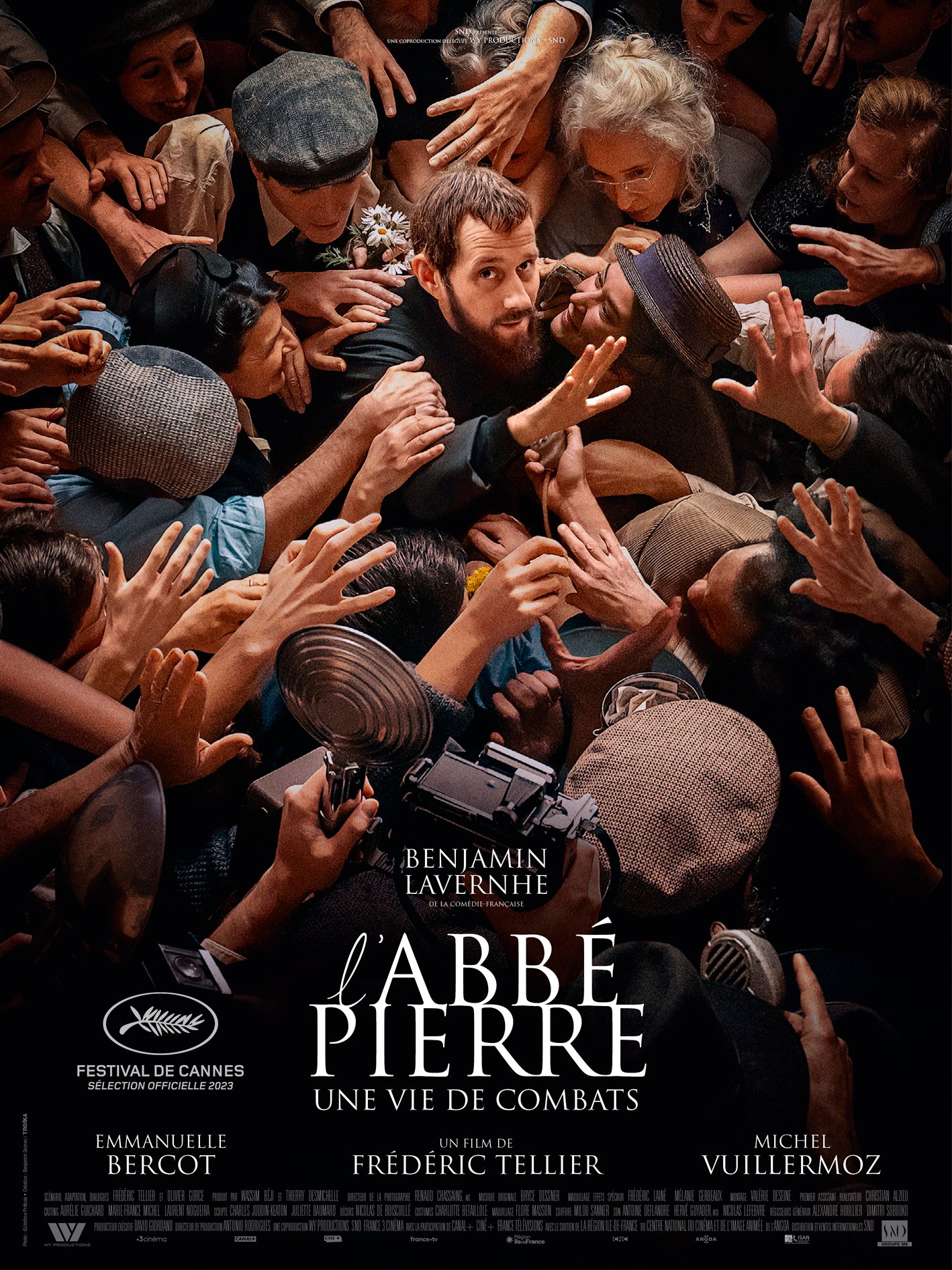Can the Cannes Film Festival truly be considered the pinnacle of cinematic artistry? The answer lies in its storied history and global influence. For more than 78 years, this prestigious event has drawn filmmakers, actors, producers, and cinephiles from around the world to the French Riviera. Each year, during the festival's 12-day duration, nearly 39,000 professionals and attendees ascend the iconic 24 steps of the Palais, where dreams are realized and careers are launched. This gathering is not merely a celebration of film but a testament to its power as an art form that transcends cultural boundaries.
The Cannes Film Festival, established in 1946, remains one of the most significant events in the international film calendar. Its reputation for showcasing groundbreaking works and recognizing emerging talent makes it a coveted destination for those in the industry. As preparations begin for the 78th edition, scheduled to take place from May 13 to 24, 2025, anticipation builds among both seasoned veterans and newcomers alike. The festival’s ability to adapt while preserving its core values ensures its continued relevance in an ever-evolving landscape.
| Category | Details |
|---|---|
| Name of Event | Cannes Film Festival |
| Date Established | 1946 |
| Location | Cannes, France |
| Duration | 12 Days Annually |
| Number of Attendees | Approximately 39,000 |
| Next Edition | May 13-24, 2025 |
| Official Website | festival-cannes.com |
Beyond Cannes, other regions have recognized the transformative potential of cinema. In Colorado, the Office of Film, Television, and Media plays a pivotal role in promoting content creation within the state. By attracting productions and offering resources to filmmakers, COFTM fosters an environment conducive to artistic innovation. Their efforts underscore the importance of regional support systems in nurturing the next generation of storytellers.
Jesus Film Project exemplifies how film can serve as a powerful medium for spiritual expression. As part of Cru®, this ministry leverages cinematic storytelling to share messages of faith with audiences worldwide. Through films, tools, and strategies designed to engage diverse communities, they demonstrate the versatility of visual media in conveying profound truths. Their commitment to excellence reflects the broader mission of using film to inspire and educate.
Purchase College offers aspiring filmmakers an immersive educational experience rooted in practical application. Students enrolled in their film program gain hands-on training across various aspects of filmmaking, ensuring they emerge prepared to tackle real-world challenges. This rigorous curriculum emphasizes technical proficiency alongside creative exploration, equipping graduates with the skills necessary to succeed in competitive industries.
In cultural contexts, films act as artifacts reflecting societal norms, values, and aspirations. They facilitate dialogue between different cultures, providing insights into human experiences shared universally yet expressed uniquely through local lenses. Whether addressing social issues or celebrating historical milestones, films contribute significantly to our understanding of ourselves and others.
Websites like /Film provide invaluable coverage of movie and TV news, delivering updates on developments within the entertainment sector. With features ranging from reviews and interviews to trailers and opinions, such platforms cater to enthusiasts eager to stay informed about their favorite genres. Since its inception in 2005, /Film has established itself as a trusted source for comprehensive industry analysis.
Film Courage stands out as another valuable resource for independent creators seeking guidance and inspiration. Founded by filmmaker Derk Richardson, this platform combines video tutorials, written articles, and podcast episodes aimed at demystifying the complexities of filmmaking. Collaborations with industry experts further enrich the content available, empowering users to refine their craft continuously. For instance, interviews with renowned screenwriters offer glimpses into successful writing techniques, while discussions with documentary filmmakers highlight approaches to capturing authentic narratives.
As technology advances, so too does the scope of possibilities within the realm of filmmaking. Digital tools now enable artists to experiment freely without prohibitive costs once associated with traditional methods. Consequently, barriers to entry have diminished, allowing greater diversity in voices represented on screen. However, amidst these changes, certain principles remain constant: dedication, perseverance, and passion continue to drive individuals toward achieving their goals.
While some may view film purely as entertainment, its impact extends far beyond mere diversion. It serves as a mirror reflecting humanity's triumphs and struggles, prompting reflection and encouraging empathy. From blockbusters drawing millions to intimate indies resonating deeply with niche audiences, every project contributes meaningfully to the collective narrative we construct together.
In conclusion, whether celebrated at grand festivals like Cannes or developed locally under supportive initiatives, film retains its status as a vital component of contemporary culture. Its capacity to unite people across continents underscores why investing in its development remains crucial. As new technologies emerge and fresh perspectives arise, the future promises exciting advancements capable of enhancing this beloved medium even further.




